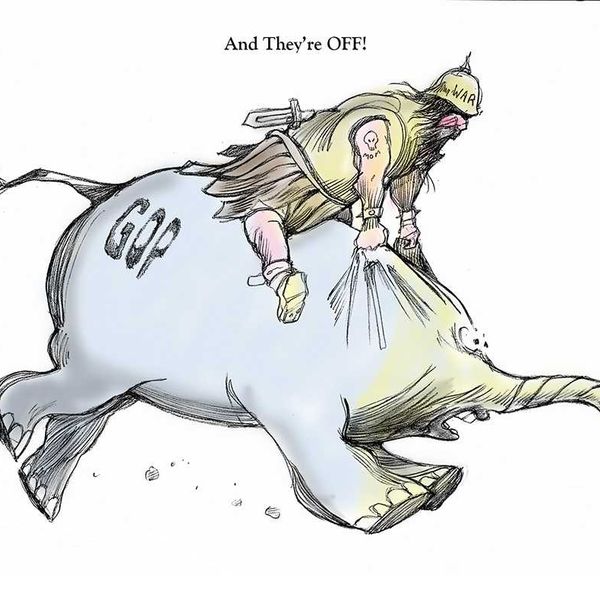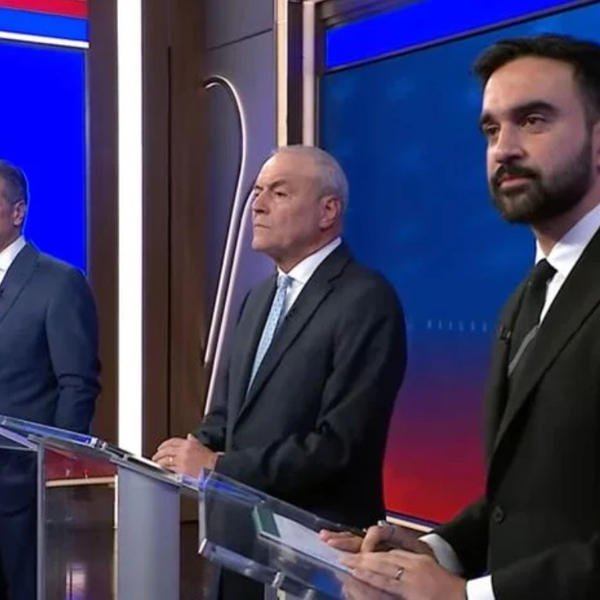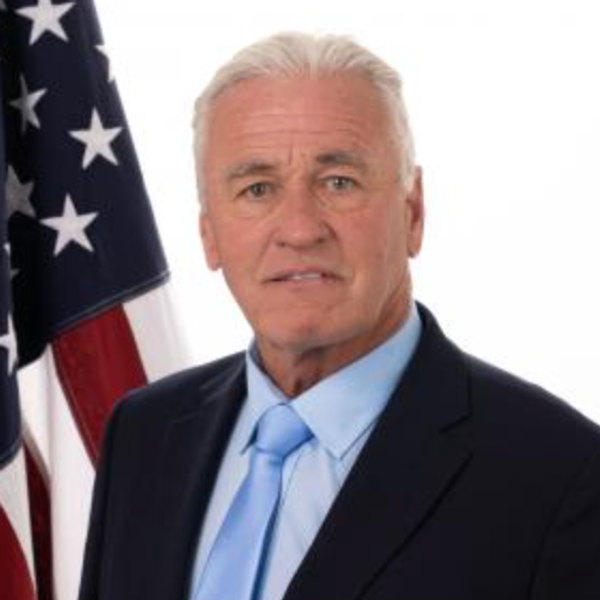Washington (AFP) – Millions of uninsured and low-income Americans will sign on to subsidized health coverage beginning Tuesday in a revolutionary system that is still working out technical kinks — and confronting heaps of political pushback.
The administration has promised that the Affordable Care Act will be a transformative program ensuring access to affordable coverage regardless of age, gender or pre-existing conditions.
But opponents of “Obamacare,” nicknamed by critics angry about how President Barack Obama rammed through the historic 2010 legislation, fear the system is a giant leap toward socialized medicine and that it is “not ready for primetime.”
One thing is certain: while Obamacare becomes a reality beginning October 1 for those eligible to purchase coverage through so-called health insurance exchanges, it remains an imperfect system.
“It’s going to be crazy,” predicted Alicia Wilson, who runs La Clinica del Pueblo assisting the capital area’s Hispanic community.
Despite the reform’s passage into law more than three years ago, “we’re just now being confronted by how much people don’t know” about it, she told AFP.
Wilson said her group is demonstrating how elements of the system work so people can begin to understand how to enroll, “but we won’t probably complete that many applications in the first month until they finish all these glitches.”
The daunting, nationwide project is complicated by the government’s acknowledgement that the system’s websites have had technical problems that will prevent many from signing up online once the exchanges — essentially marketplaces where consumers can shop around and purchase coverage — open on Tuesday.
And despite a bombardment of public announcements and assistance by groups like La Clinica del Pueblo, “there’s a lot of misinformation out there” from people intent on maligning Obamacare, said Vincent Keane, president of Unity Health Care, which operates some 30 health centers in Washington.
In a country where health care coverage is predominantly private, more than half of Americans are insured through their employers.
About 57 million people are not fully insured for medical or hospital care — they are not poor enough to qualify for welfare, yet not wealthy enough to pay for individual policies.
They often end up paying full price for treatment, including for diseases like cancer and diabetes.
Seven million Americans are forecast to apply for coverage through the health care law by 2014, and 25 million by 2016, according to the Congressional Budget Office.
The uninsured will have access to state or federal websites that offer dozens of plans to suit varying salary levels.
The amount of federal subsidy will vary according to household income, so that families do not spend more than a certain proportion of their funds on insurance.
From January 1, nearly all Americans will need to have coverage or pay a fine.
And from that date, insurers will no longer be permitted to base their rates strictly on a person’s medical history.
Age, location, household size and smoking habits will be the determining cost factors.
A family of four in Miami with a household income of $50,000, for example, could pay some $282 per month for insurance with mid-range coverage, according to a government estimate.
That is after $519 dollars per month in subsidies, an annual savings that runs into the thousands.
In Washington, Obama’s Republican opponents have hammered the president relentlessly over the law, arguing that it will drive up costs, especially for companies that face fines if they do not offer insurance to their employees.
Twenty-seven states governed by Republicans have refused to cooperate, although qualified residents will be eligible to purchase health care through national exchanges.
At the federal level, Republicans have tried more than 40 times, unsuccessfully, to repeal the law, even seeking to link a spending bill that keeps government open or an agreement to raise the U.S. debt ceiling to repeal or delay of Obamacare.
But the president has said he has no intention of allowing rivals to chip away at his signature domestic legislative achievement.
“That’s not going to happen as long as I’m president,” he said Thursday.








